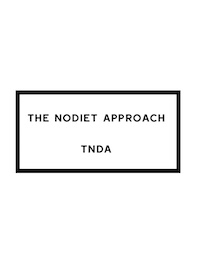Bread
Is bread good for us?
Wheat, in certain individuals, can cause epilepsy, anxiety, migraine, depression, attention deficit disorder, Alzheimer and a lot more health issues. Bread constitutes one of the main food source in many countries.
Enjoying a morning croissant or a brioche has become so unhealthy in the diet industry thus accusing wheat to be the reason behind all those health issues.
Food labs transformed whole wheat grains into genetically modified white grains that would produce appealing white loafs; skin is removed from the grain, which is then bleached; additives and vitamins are injected to replace lost micronutrients. What a process… This is why bread has become dangerous, it was depleted from its core constituent the skin which contains most nutrients and health benefits.
In the past, white bread was considered the food of bourgeoisie while whole-wheat bread was assigned to the poor, today the opposite is true whole wheat bread is marketed for heart health.
Gluten is the main constituent of the wheat grain, it may cause intestine inflammation in some individuals. Celiac disease is an autoimmune disorder that occurs in genetically predisposed people whereas the consumption of gluten damages the small intestine wall. In that case; wheat, rye and barley are avoided.
Gluten free products are now all over the shelves of supermarkets (cereals, pasta, bread, cakes, biscuits…) and even hair products! The ingredients list of food products is shady as they contain preservatives and are high in sugar. Natural ways of replacing gluten are a better option such as buckwheat, rice, quinoa and legumes.
Bread is an important part of our diet and has a lot of B vitamins. Choose your bread wisely; leavened bread is a good option as well as whole wheat organic options.
Kamut wheat is a great choice as it belongs to the ancient grain family (spelt, Kamut, einkorn, barley, quinoa…) it is one of the oldest wheat grain that was not genetically modified through years.






















